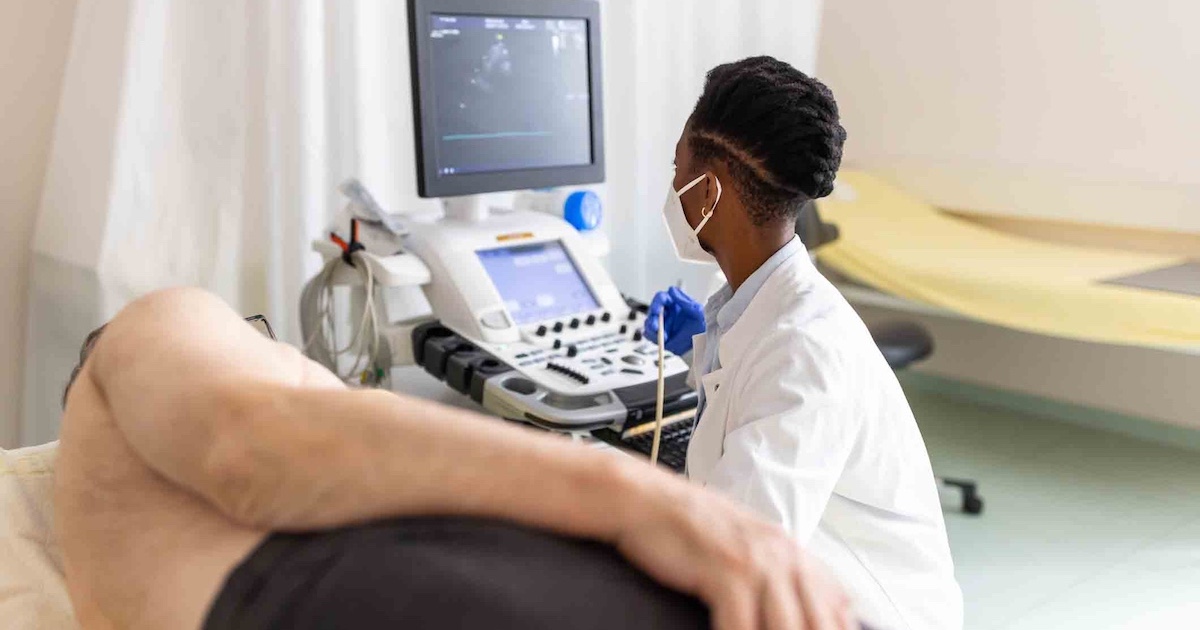Two of telehealth's top providers are squaring off in a battle over patent infringement.
American Well has filed suit against Teladoc in U.S. District Court in Massachusetts, accusing the Dallas-based company of "infringement of its intellectual property rights" in deploying an online telehealth platform that allegedly mirrors what Boston-based American Well deploys.
“Teladoc has infringed American Well’s intellectual property,” Ido Schoenberg, American Well's co-founder and CEO, said in a press release issued at noon on June 8. “While a transparent and competitive landscape is an imperative for innovation, Teladoc has unfairly disregarded American Well's ownership rights to advance its business. We developed and patented these innovations and we owe it to our clients, partners and shareholders to protect them.”
The 10-page lawsuit centers on American Well's so-called "550 patent," which focuses on the platform accessed by a consumer to locate and connect online with an available healthcare provider.
The patent - among the 26 obtained by American Well, with another 25 pending - is titled "Connecting consumers with service providers." It describes "a data repository that stores information pertaining to medical service providers, including present availability of the medical service providers for participating in a consultation; receiving in a computer, indications that members of a pool of medical service providers have become presently available; receiving in the computer, a request from a consumer of services to consult with a medical provider; identifying in the computer, an available member of the pool; and establishing a real-time communication channel between the consumer of the services and the identified member of the pool."
In its lawsuit, American Well charges that Teladoc's "enterprise data store" is identical to American Well's data repository, and that Teladoc also monitors "providers' capacity" and uses a system that "manages custom visit queues that automatically and instantly route available visits to appropriate providers based upon proprietary algorithms." The lawsuit also states that Teladoc's system "dynamically and efficiently matches consumer demand and physician availability in real time" and that it allows a consumer and provider to "conduct a visit (via video or phone.)"
This past March, Teladoc officials filed what's called an "inter partes review" (IPR) with the U.S. Patent Trial and Appeals Board, basically challenging the validity of American Well's '550 patent. The PTAB hasn't decided whether to conduct the review yet, and American Well hasn't responded to Teladoc's motion.
In its lawsuit, American Well said Teladoc was aware that its platform was similar to American Well's platform, hence the request for an IPR, and was "concerned that it infringed (on) the '550 patent."
Teladoc has been busy in the courts lately. The company recently won an injunction against the Texas Medical Board, which had passed revised guidelines earlier this year to mandate a face-to-face meeting between physicians and new patients prior to issuing prescriptions or making certain diagnoses. That dispute is headed to trial.


